Starting and sticking to healthy eating habits can be tough. Sometimes it’s easier to pick up fast food for lunch or skip a meal when you’re swamped with work, but these unhealthy habits will ultimately lead to more complications in the future. Here are 10 (realistic) ways that you can build healthy eating habits—and actually stick to them.
1. Use an app like Fabulous to get started.

Using an app like Fabulous as a reminder is an effective way to build and stick with healthy eating habits. If you know what it is you need to work on, for example maybe you forget to eat lunch every day, an app can send you a notification to keep you on track until that habit becomes second nature. Grocery apps are also an effective way to keep track of the foods you buy, and some will even send you notifications when they think you might be running low on something.
2. Be mindful when you eat.

Don’t just sit in front of the TV shoving food in your mouth. Think about what you’re eating, and be aware of every bite. Part of the reason we overeat is that we don’t treat eating meals as a responsibility, but rather something we have to fit in when we have a chance while we’re doing more important things. By treating your meals like scheduled appointments and being aware of what you’re eating, you’re less likely to overeat and more likely to appreciate your meals.
3. Keep water on you at all times.
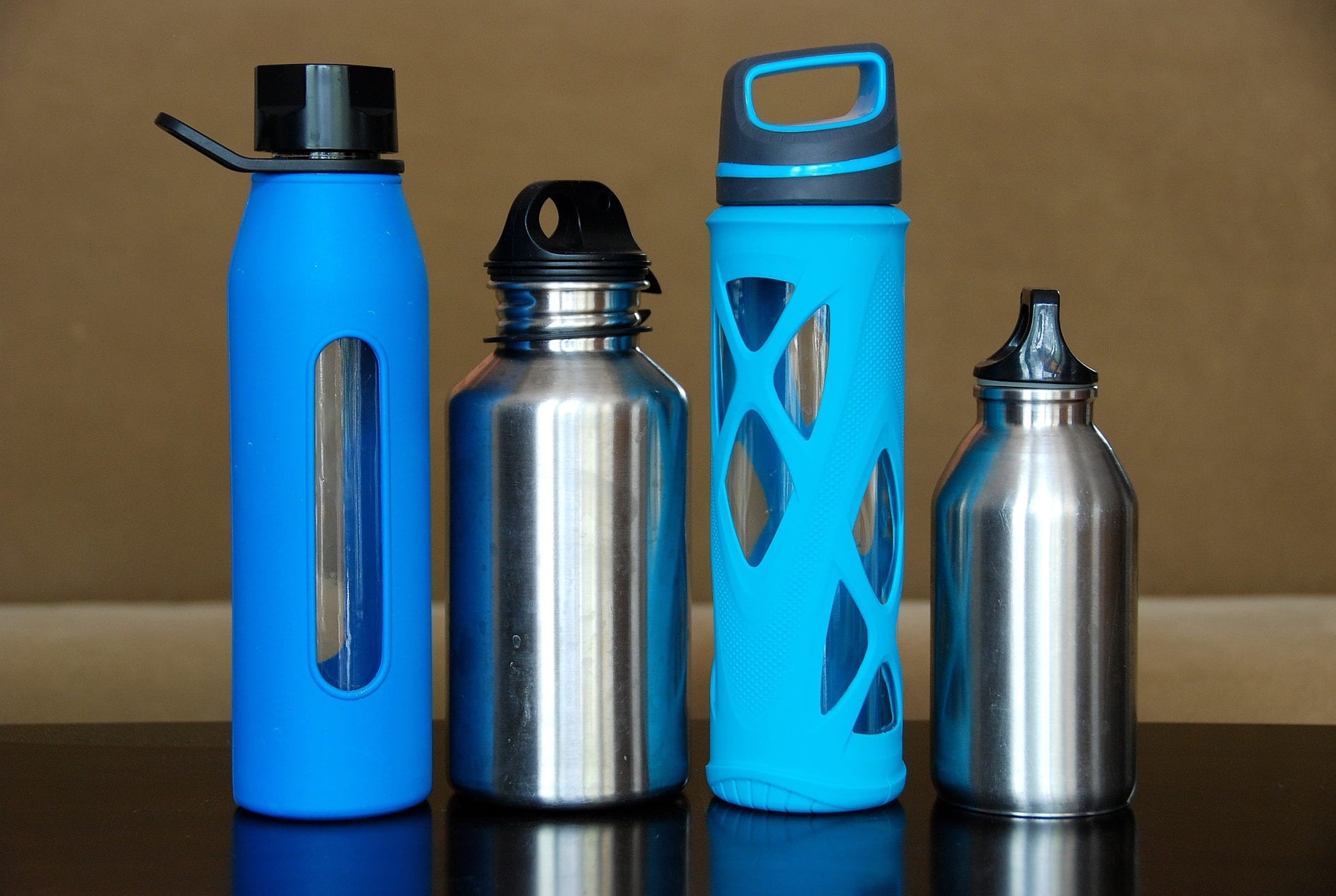
Not only do we not drink enough water the majority of the time, but this lack of water is what often causes us to feel hungry throughout the day. Make sure you drink enough water (8 glasses a day, more or less) by taking a reusable water bottle with you to work, to the gym, on your walks, basically wherever you go. If you find yourself feeling hungry at an unusual time, drink a glass of water and wait 15 minutes to see if you’re still hungry instead of eating something the second your stomach growls.
4. Write down what you eat.

Not necessarily in an obsessive way, but writing down what you eat helps you to be aware of what you’re really eating. It’s tough to keep track of every little snack and drink you consume in a day, and often this leads to over or undereating. Writing down what you eat will not only help you to monitor how much you’re eating but also to ensure you get enough food from every food group and narrow down your grocery list to the things you eat on a regular basis.
[the_ad_group id=”151″]
5. Be aware of your calorie consumption (not obsessively).
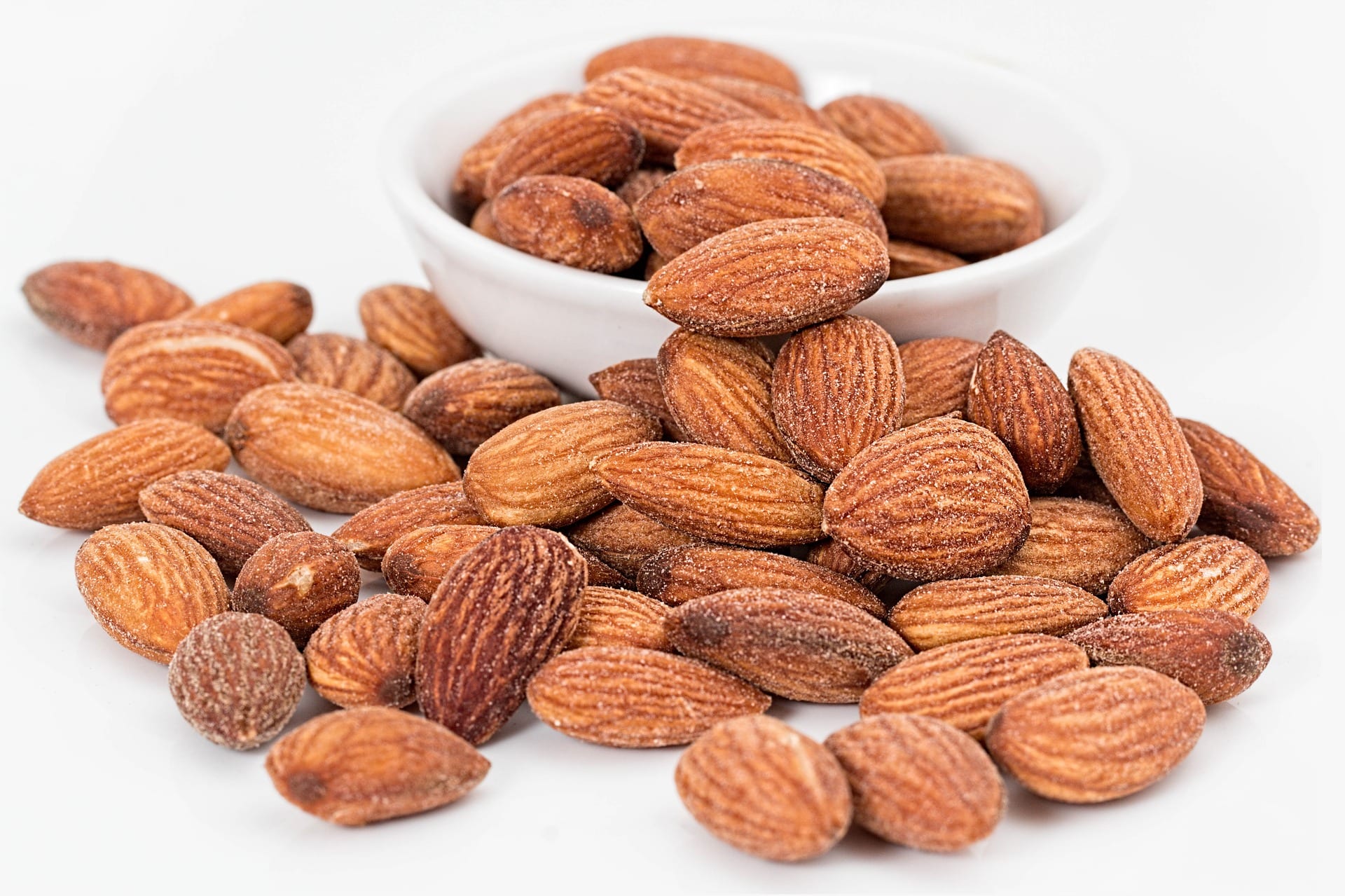
Almonds are a great snack. They’re full of protein and good fats, and they help keep you full until your next meal. But almonds are also extremely high in calories. Did you know that just 20 almonds are around 140 calories? Even when you eat healthily and mindfully, it can be easy to overeat, so having an idea of the number of calories you’re consuming will eventually become a habit, and you’ll know to not just throw a handful of almonds in a bag next time you want a snack.
6. Be realistic.

Know that sometimes you’ll crave sugar or want to go out for a fancy dinner. Life happens, and holding yourself to an unreasonably high standard of eating healthily is a surefire way to let yourself down in the end. Be realistic in knowing that you can’t always be healthy, and that will prevent you from beating yourself up when you occasionally fall off the wagon.
7. Be consistent.

Try to eat around the same time every day, and try to keep your portions consistent. Consistency is key to building successful long-term habits, and scheduling your meals at the same time every day will help you mold those habits. Similarly, maintaining consistent portions will help your body to adjust itself so it knows at what times to expect bigger meals and when to expect snacks.
8. Have fun with your food.
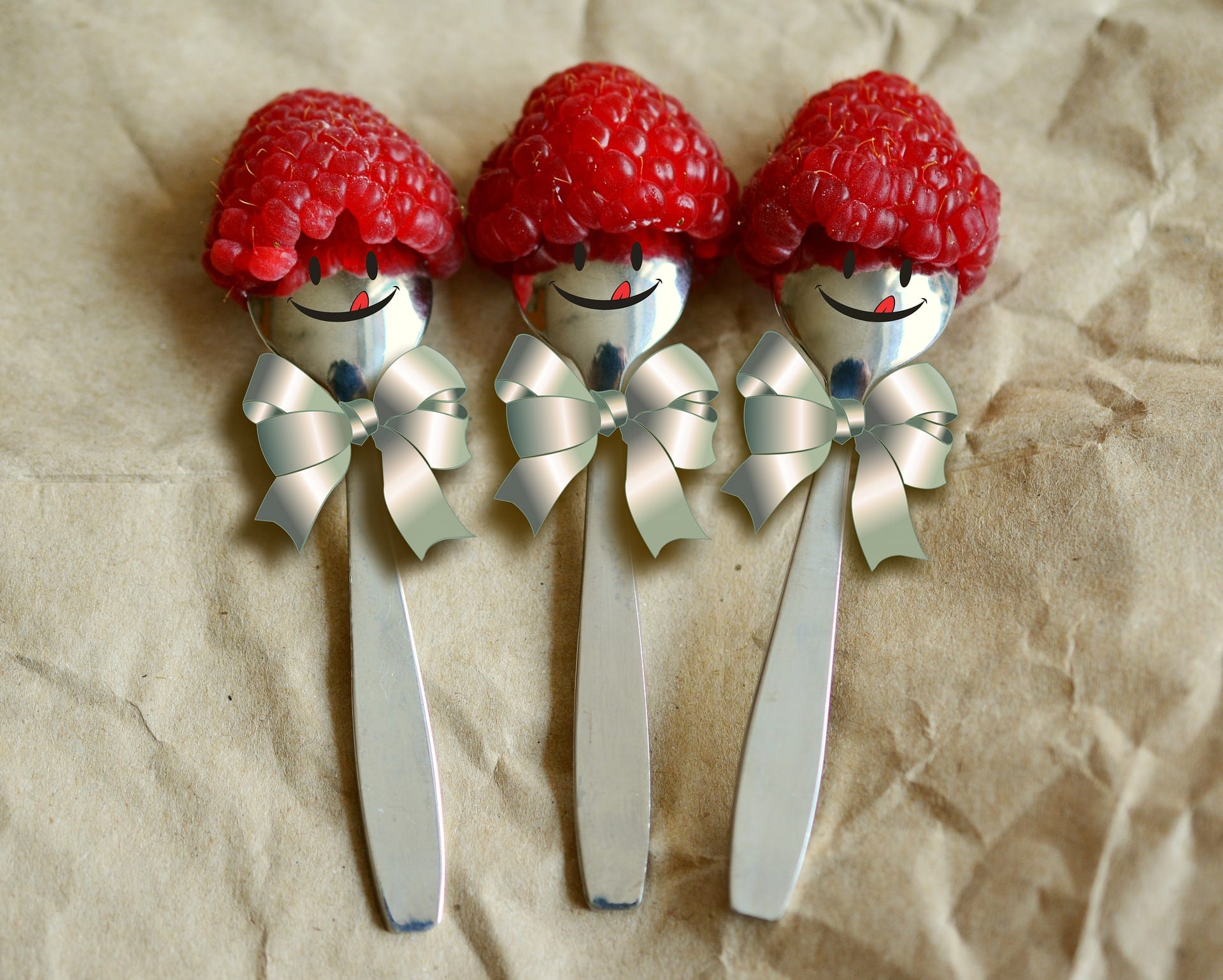
Eating healthily doesn’t have to be boring. If you hate salad, forcing yourself to eat salad for every meal will almost guarantee that you’ll give up within a week. Experiment with healthy meals, invite your friends over for dinner parties or take healthy cooking classes with your significant other. When you make eating well something you actually enjoy, you’re more likely to stick with it.
9. Stock your fridge and cupboards with healthy foods.
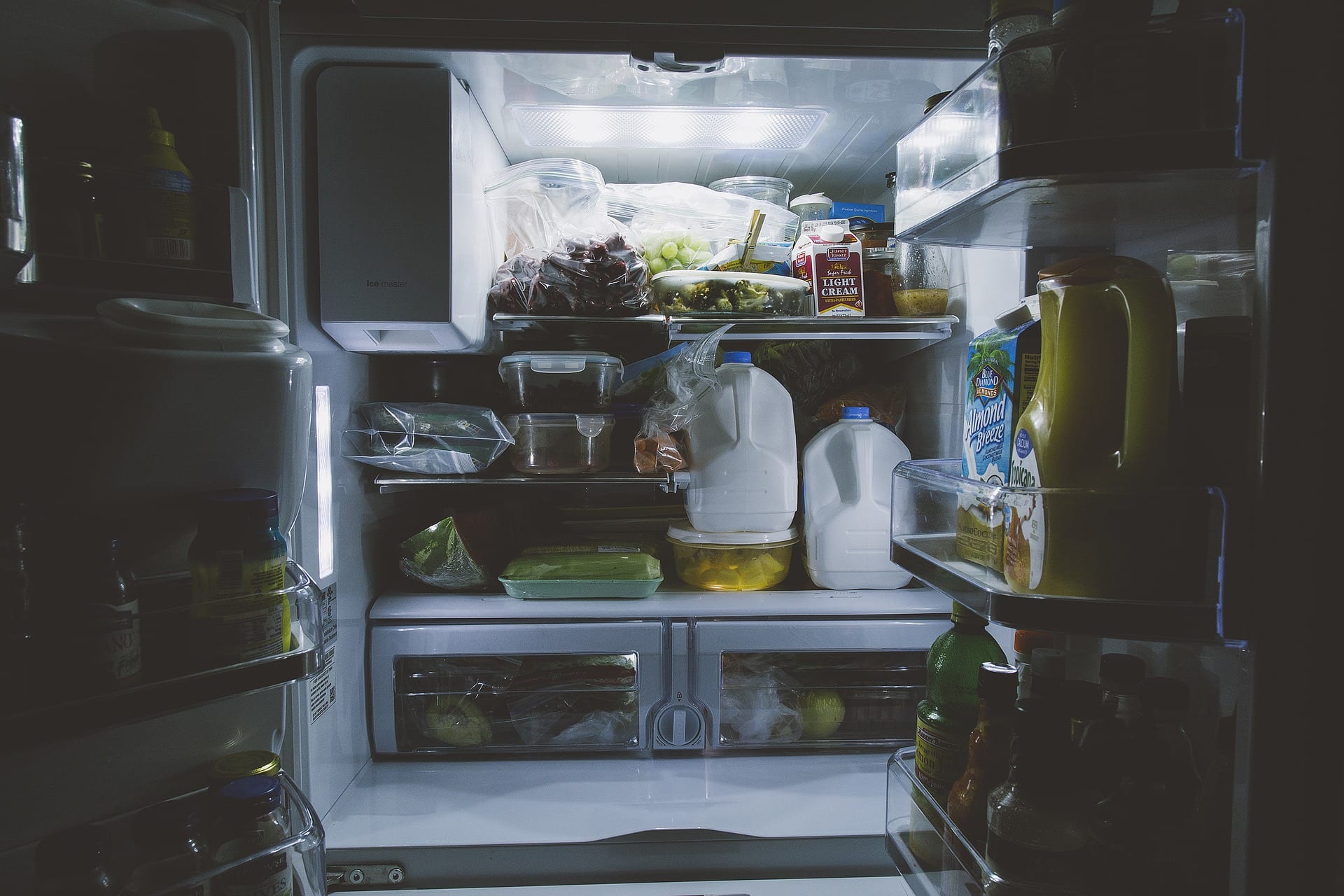
You can’t eat junk if it’s not accessible to you. Yes, it’s important to be realistic and allow yourself to occasionally give in to your cravings, but try to keep those cravings out of the house. Not only will that create discipline, but you also won’t give in to your cravings nearly as often (you’re probably less likely to go out for ice cream if it’s going to require you to leave the house in the middle of winter), and the time and money you have to spend to actually fulfill that craving will force you to think about whether you really want it.
10. Throw out your scale.
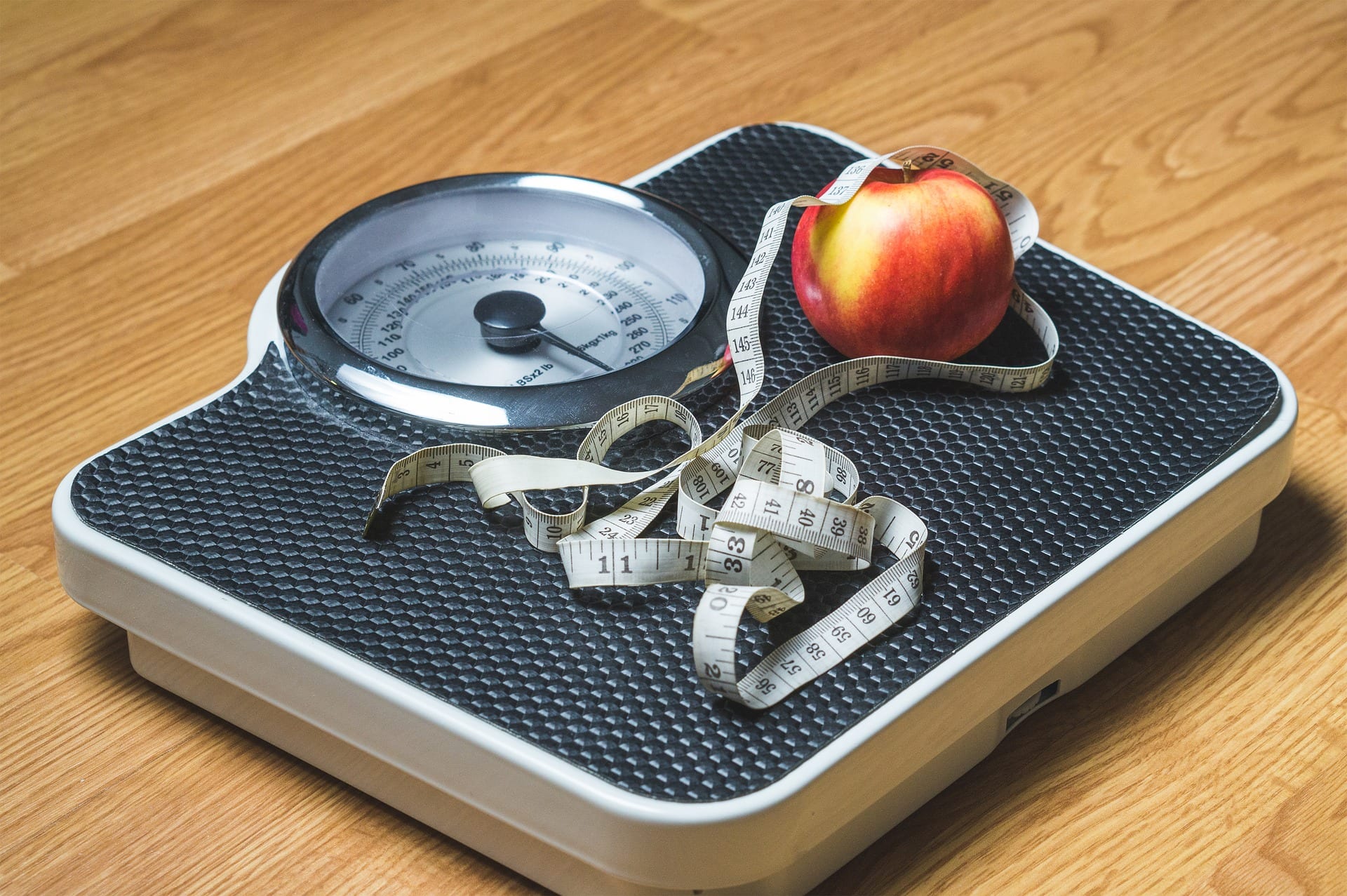
Whether you’re trying to lose, gain, or maintain your weight, health is about more than the number on your scale. It’s easy to get caught up on a number, and when that number doesn’t change, you’re likely to feel hopeless and give up. But the benefits of eating balanced meals extends far beyond what you can see—a consistent, balanced diet leads to fewer health problems and more energy, neither of which can be weighed on a scale.
If you haven’t checked out part 1 to learn what “healthy” foods are really not that healthy for you, click here to find out!
Or, if you’re ready to start building some healthy eating habits, try our 30-Day Clean Eating Challenge!



